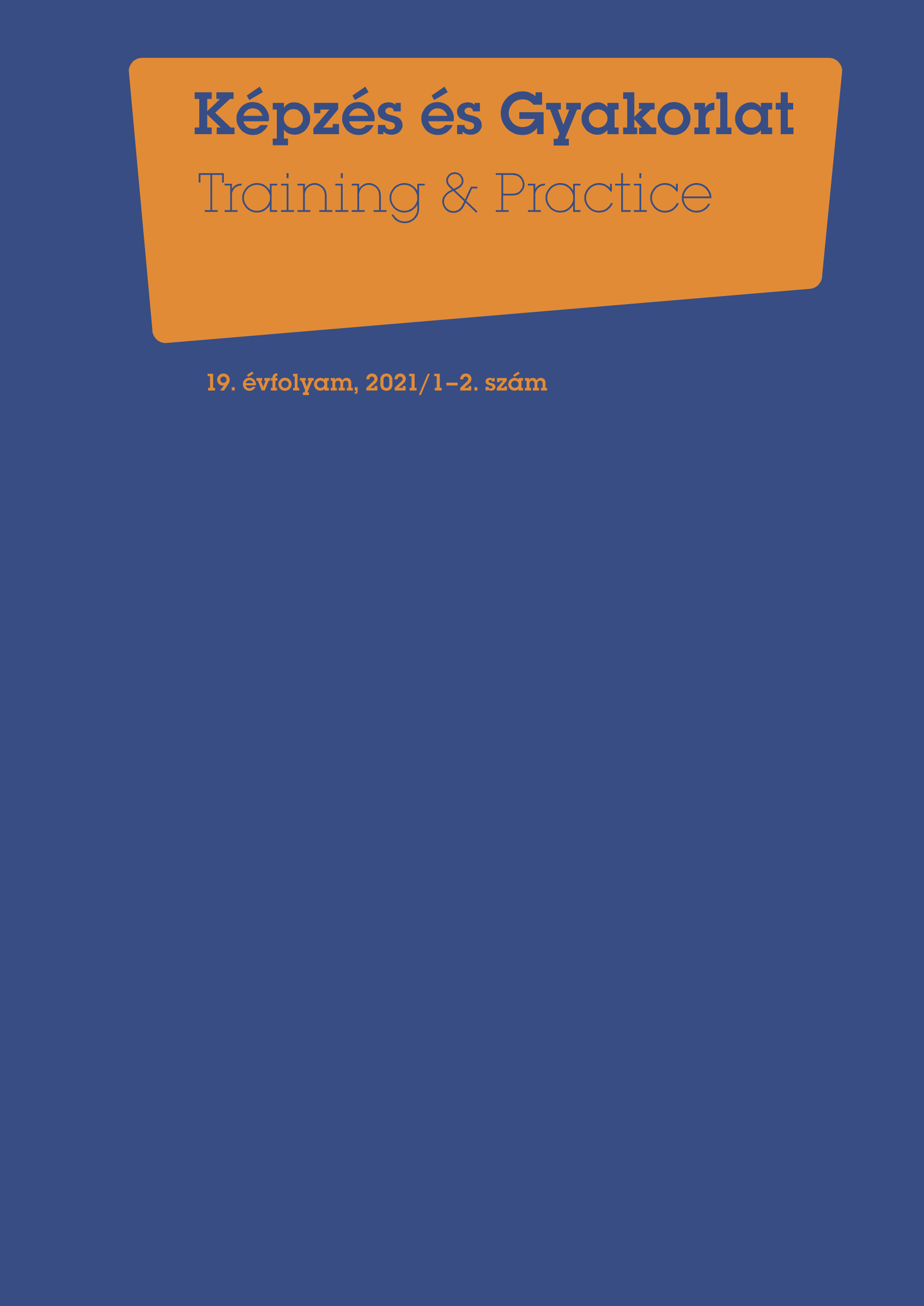Examining Primary Education Students’ Expertise Concerning the Environmental Impact of Economic Activities and Environmental Catastrophes
DOI:
https://doi.org/10.17165/TP.2021.1-2.2Absztrakt
This study is concerned with the knowledge on mining, industrial and other economic activities, as well as different environmental disasters affecting the region of Hungary. Students majoring in primary school teaching participated in the research. Through questionnaires, I examined the hypothesized importance of teaching children about the environmental impact of economic activities and environmental disasters in their geography lessons, and I analyzed the results via Fisher and McNemar tests in SPSS. Based on these data we can conclude that there is no correlation between primary education students’ previously gained knowledge concerning the detrimental environmental effects of economic activities, and their current motivation in discussing such topics in geography lessons. The conclusion remains valid for environmental disasters as well.
Hivatkozások
Az 5/2020. (I. 4.) Kormányrendelet a Nemzeti alaptanterv kiadásáról, bevezetéséről és alkalmazásáról [online] forrás [2021. 01. 09.]
A 110/2012. (VI. 4.) Kormányrendelet a Nemzeti alaptanterv kiadásáról, bevezetéséről és alkalmazásáról [online] https://ofi.oh.gov.hu/sites/default/files/attachments/mk_nat_20121.pdf [2021. 01. 09.]
Az 1996. évi XXXVII. törvény a polgári védelemről [online] https://mkogy.jogtar.hu/jogszabaly?docid=99600037.TV [2021. 01. 09.]
Berta, Gy. (2011). Adatok, információk a vörösiszap-katasztrófa térségéből. Területi Statisztika, 6. évf. 2. sz. pp. 101–120.
Czibolya, A. (2015). A tiszai ciánszennyezés néhány környezeti hatása. Jelenkori társadalmi és gazdasági folyamatok, 10. évf. 1. sz. pp. 59–64. DOI: https://doi.org/10.14232/jtgf.2015.1.59-64
Falus I., Ollé J. (2000). Statisztikai módszerek pedagógusok számára. Budapest: Okker Kiadó.
Field, A. (2017). Discovering Statistics Using IBM SPSS Statistics. New York: SAGE Publications Ltd.
Nagy, K., Halász, L. (2002). Katasztrófavédelem. [online] https://hhk.uni-nke.hu/document/hhk-uni-nke-hu/nagy-halasz-katasztrofavedelem.original.pdf [2021. 01. 09.]
Romhányi, T., Cseri, P., Boda, A. (2010). Iszap. Egy katasztrófa természetrajza. Budapest: Magyar Mediprint Szakkiadó.
Vass, Gy. (2011). Ipari katasztrófák szabályozása, új uniós törekvések [online] https://www.magyardiplo.hu/iparikatasztrofak-cikkek/429-ipari-katasztrofak-szabalyozasa-uj-unios-toerekvesek#_ftn3 [2021. 01. 09.]
Lehota, J. (2001, ed.). Marketingkutatás az agrárgazdaságban. Budapest: Mezőgazda Kiadó.
Luxné, A. (2016). Társadalmi traumafeldolgozás. A magyarországi vörösiszap-katasztrófa emlékezete alapján. [Doktori disszertáció] Budapest: Eötvös Loránd Tudományegyetem.
Letöltések
Megjelent
Folyóirat szám
Rovat
License
Copyright (c) 2021 Katalin Kulman

This work is licensed under a Creative Commons Attribution-NonCommercial-NoDerivatives 4.0 International License.








